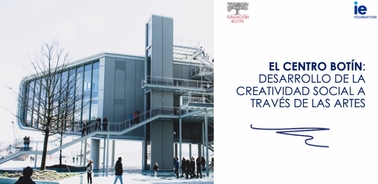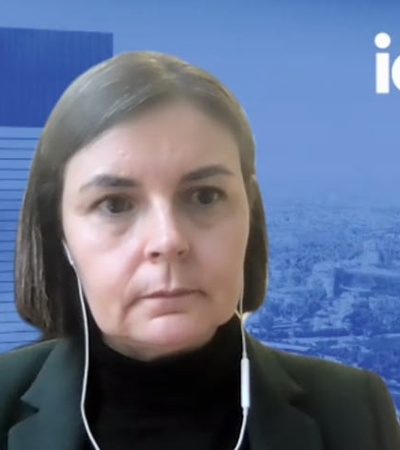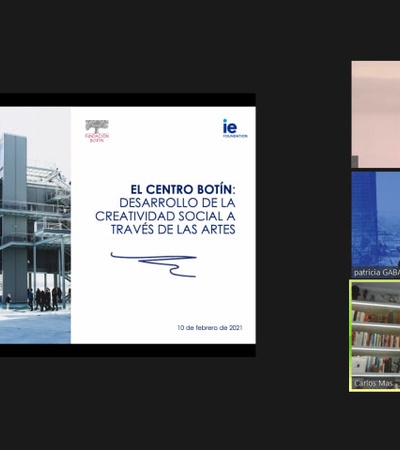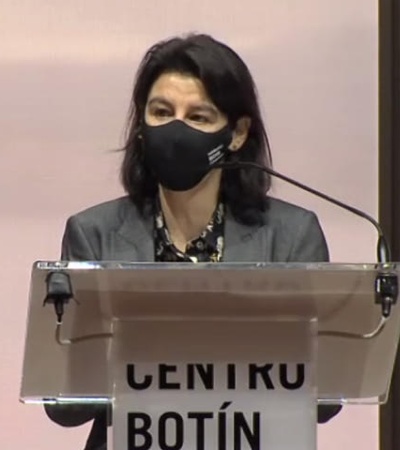- Home
- Family Business News
- Creativity Is Both Cumulative And Measurable
Creativity is both Cumulative and Measurable

On the morning of February 10, 2021, a study called El Centro Botín: Desarrollo de la creatividad social a través de las artes (“The Botín Center: Developing Social Creativity Through the Arts”) was presented jointly by the IE Foundation and the Botín Foundation.
In 2019, the Botín Foundation and the IE Foundation, who both have social aims and strong values rooted in the humanities, signed a partnership agreement to measure the impact of the Botín Center’s activities in developing creativity.
Entitled “The Botín Center: Developing Social Creativity Through the Arts,” this study is part of an ambitious research and publishing program in the field of emotional intelligence, which began in 2013 alongside Yale University. The study is a first step in continuing to promote the transfer of knowledge through initiatives related to the benefits of the arts.
This research revealed that creativity is both cumulative and measurable. In the study, an indicator of individuals’ perception of social creativity was designed, based on seven dimensions relating to their perceptions of personal development, social cohesion, well-being and image and identity.
“The impact of the arts on individuals had rarely been measured previously, so this concept has been the focus of the study. One of the key achievements of the study was the design of an indicator of individuals’ perception of social creativity”
Carlos Mas, IE Foundation Patron and President of the IE Center for Families in Business and the IE Center for C-Centricity
According to the authors—Dr. Patricia Gabaldón, Professor of Economics at IE University, and Dr. Laura Zimmerman, Professor of Behavioral Sciences at IE University—the main conclusions drawn from the study point to the fact that artistic and cultural activities are drivers of human development, and thus contribute to the improvement of people’s well-being. In addition, cultural consumption (visiting exhibits, attending plays, going to the movie theater, etc.) has been shown to have a directly proportional impact on creativity. In effect, people who often participate in cultural and artistic activities experience a greater creative impact than those who do not.
The report has assumed significant value in current times since Covid-19 has caused—and continues to cause—major negative economic, social and political effects. On the other hand, however, it has boosted creativity by positioning it as a contribution to the improvement of personal, professional, interpersonal and social well-being in times of uncertainty and human vulnerability.
“The Botín Center: Developing Social Creativity Through the Arts” was developed by a team from the IE Center for Families in Business, following their research on family philanthropy.
FOR MORE INFORMATION ABOUT THE STUDY AND ITS FINDINGS, CLICK THE LINK
FOR MORE INFORMATION ABOUT THE STUDY AND ITS FINDINGS, CLICK THE LINK


